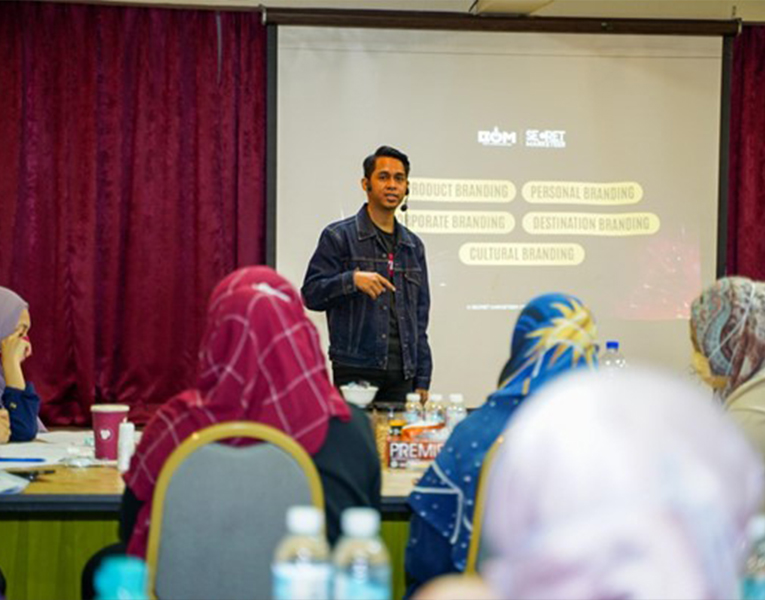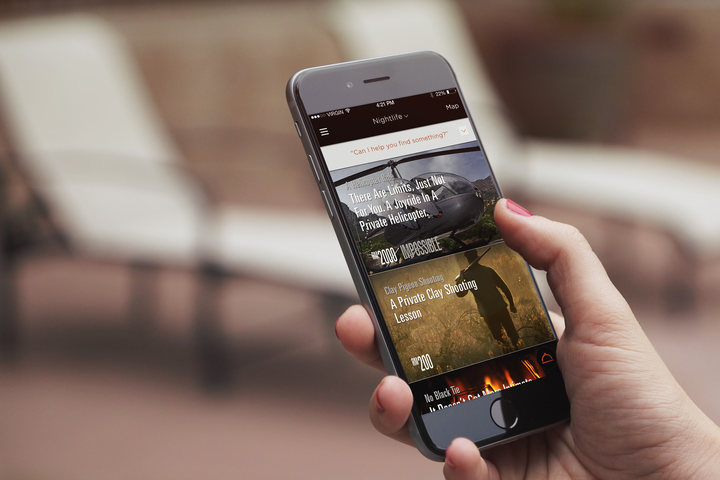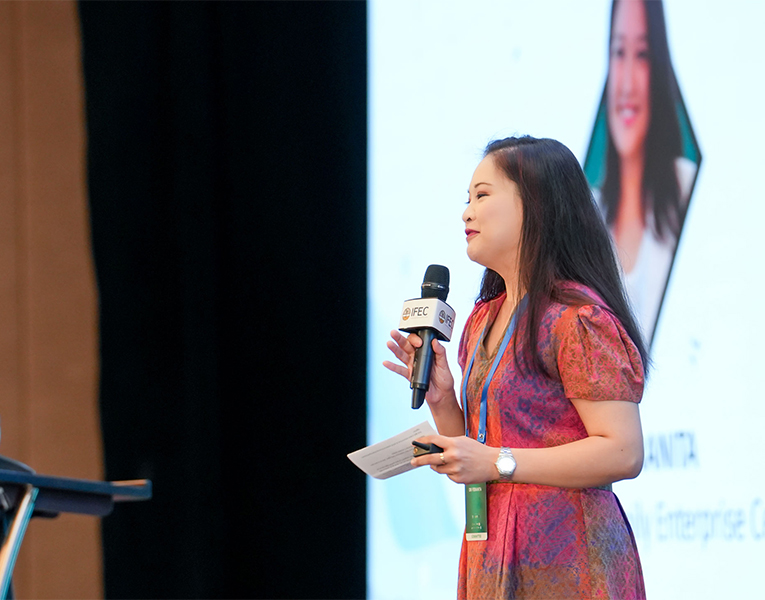
If there is one concept in Malaysia that is so often brought up among the population, it is the concept of halal. What is it? Why is it important? Is it just about food?
These questions continuously play around in the minds of everyday Malaysians to the point that it sometimes becomes divisive, ridiculed and at some boiling point times, leads immediately to a hysterical outpour of fear and loathing.
The past and current controversies regarding halal continue to show just what a sensitive issue it can become. The initial blowup of how Cadbury chocolates tested positive for porcine DNA through leaked results form a lab led to a nationwide furore against the brand.
Similarly, a shop selling stationery got itself investigated for selling pig bristle paint brushes. And more currently, Xing Fu Tang saw itself being questioned on social media for its lack of halal accreditation. Although hilariously, the person who brought it up did not have a halal cert for her own eatery either.
Halal, if we look at the simple Arabic word – means “permitted”. However, as an Islamic concept, halal itself means that a certain product is considered clean, not harmful and immaculate by certified authorities in order for it to be used by Muslims.
The certification is handled by the Department of Islamic Development (Jakim) under the Ministry in Prime Minister’s Department (Religious Affairs), currently headed by Minister Datuk Seri Dr Mujahid Yusof Rawa and Deputy Minister Pn Hajah Fuziah Salleh.
For products from overseas, Jakim lists out trusted affiliate members which adhere to its standards of halal to certify products. And thus, halal is now not only confined to Malaysian products or Islamic products, but has become a global certification to cater to the Muslim market.
However, there is a concern that the items being labeled halal have begun to become ridiculous – there are suddenly halal curtains, halal certified public transport, halal certified airlines and even halal certified fire extinguishers.
There was even a furore a few years back over a halal maternity clothes, which was supposed to cover up a woman who is currently giving birth in a hospital.
At the same time, there is even a certified halal bak kut teh spice pack, but it can only be found on the non-halal section of the grocery store. Why? Will this not sow confusion among Malaysians?
Of course it does, and this is why it pays to know the concept of halal also includes products beyond that of merely food, but also involved in lifestyle choices.
Yes, there are women who wish to cover up even when in labour, and thus creating a market for such a garment. At the same time, there are those who handle wet cat food which question the contents of a simple can.
Similarly, there are those who believe that having halal certified products will put their customers at ease, or even open avenues to the Muslim market who demand for such goods.
With the world becoming more global, halal certification is not only a determination of whether something is edible for Muslims. It is also a sign that a product is not harmful with a certified clean supply chain that is not polluted by what Muslims consider unclean.
For cosmetics, the halal certification insists that no alcohol is used, but at the same time, it must also ensure that any animal products contained in it must be from halal sources as well.
This goes for pharmaceuticals, where gelatine capsules must be from halal slaughtered animals, or even go vegetarian.
All of these show a growing demand from Muslims who wish to adopt a clean and immaculate lifestyle as close as they can get to the adherence of their religious beliefs. From clothing to transport, from cosmetics to web browsing, sooner or later the demand and insistence of halal certification will continue to grow.
And with it, will come dubious fake certifications and forged certificates in eateries, as discovered in Pahang just recently.
At the same time, there is the first and sought after award called the Asia Halal Brands Award (AHBA) established in 2017. This award is recognised by Jakim and its international affiliates.
The award is open only for those with halal certification either from Jakim or its internationally recognised partners.
For those who fret over cost, Deputy Minister Fuziah Salleh is not wrong in saying that it is not expensive to gain halal certification for those conducting business. It is considered a cost of doing business to cater to a certain market group. Businesses are free, of course, to not apply to such a standard.
However, doing so would mean leaving some 1.6 billion Muslims out of your customer base. And for Malaysia and the Asian region, this is not something anyone can afford.
Asia Halal Brand Awards (AHBA) recognizes and promotes prominent halal brands in Asia. The highlight of the event will culminate in a Gala Dinner that will be held at Shangri-La Hotel Kuala Lumpur.
Visit www.ahba.asia to learn more and to make your nomination.















